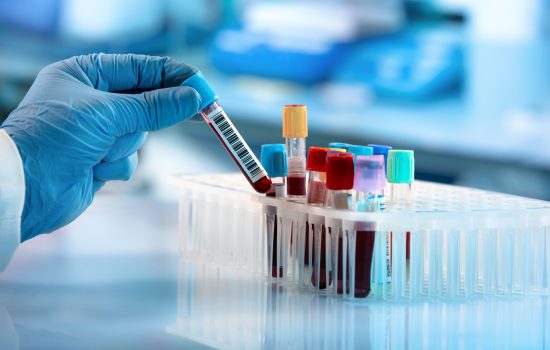


What is Version 2 of the FSR Code?
Version 2 of FSR Code is the result of a formal statutory review by the Forensic Science Regulator. The changes and improvements that are made in version 2 have taken account of comments made during a consultation process in which Senior Accountable Individuals were contacted and other stakeholders were made aware of the process.
What will change?
This revised version of the FSR Code includes changes relating to:
Forensic organisations will need to make a number of changes to comply with this latest version of the FSR Statutory Code.
Forensic organisations will need to review their current quality management system to ensure it complies with the new version, with specific consideration of procedures for:
Version 2 also provides further clarification for Forensic organisations on the requirements for accreditation or compliance with approved frameworks for each Forensic Science Activity (FSA) described in the Statutory Code.
Forensic organisations will now need to be ready and establish response plans for two types of regulator intervention: investigations (Section 5) and formal compliance actions that may result in badging or penalties (Section 6).
You can find out more about all the changes required in Consultation outcome for version 2 of the statutory code of practice on the UK government web site.
Transitional provisions
Work already performed before October 2, 2025, may continue under the old Code. However, new work must comply with Version 2.
Forensic organisations must incorporate any new compliance-demonstration deadlines into their processes.
Bywater ISO 17025 training for Forensic labs
Our ISO/IEC 17020 and ISO/IEC 17025 training courses provide Forensic laboratories and organisations with the ability to demonstrate that their results are valid, and that measurement certainty is known results are traceable to national standards. We offer training for lead auditors, internal auditors, those looking for a basic understanding of ISO/IEC 17020 and ISO/IEC 17025, anyone involved in implementation, and specific training for those wanting to understand requirements for forensic laboratories. We also offer courses around measurement uncertainty, calibration and control of measuring systems, and method validation.